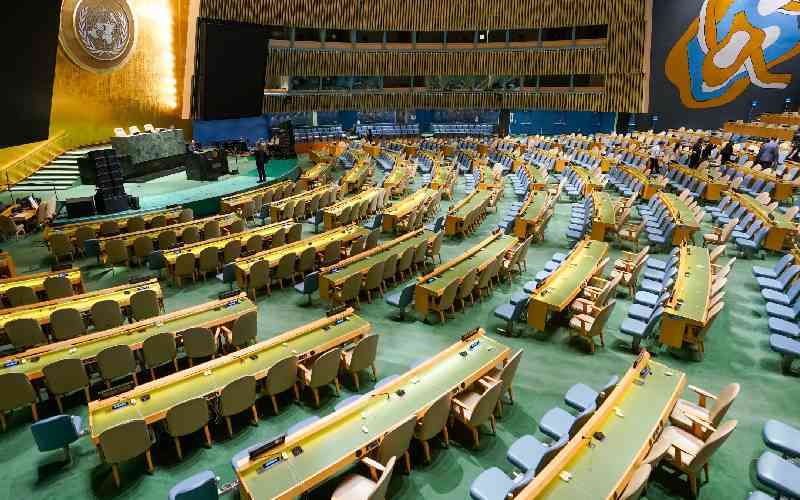
After two years of virtual and hybrid summits, the world's leaders will reconvene on the river's edge in New York this coming week at the U.N. General Assembly, an exercise in multilateralism born from the hope for lasting peace that followed World War II.
The opening of the 77th session comes as the planet is beset with crises on nearly every front. Russia's war in Ukraine, inflation and economic instability, terrorism and ideological extremism, environmental degradation and devastating floods, droughts and fires and the ongoing pandemic are just a few of the rampant perils.